Find Help
More Items From Ergsy search
-
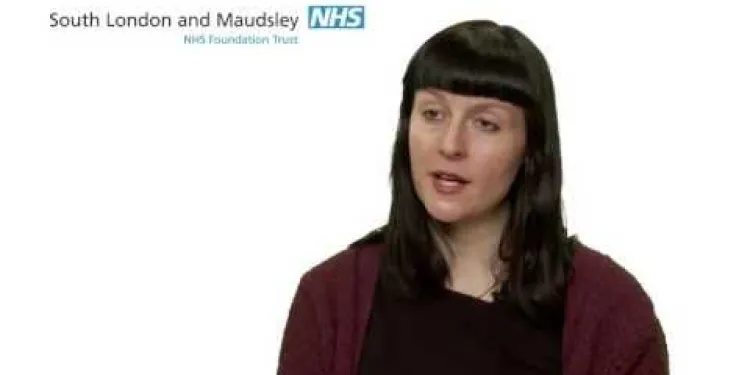
Self Harm
Relevance: 100%
-
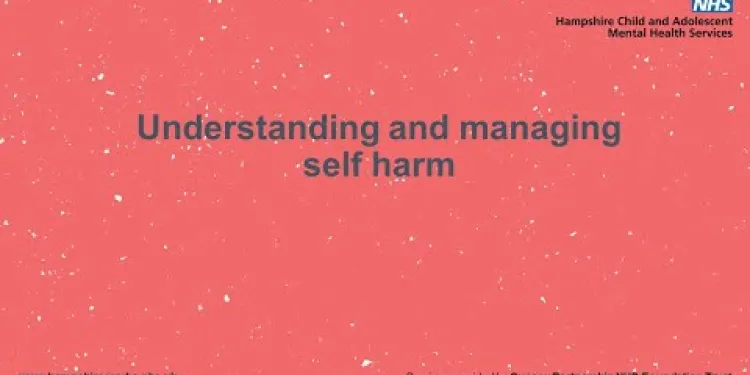
Self Harm
Relevance: 97%
-
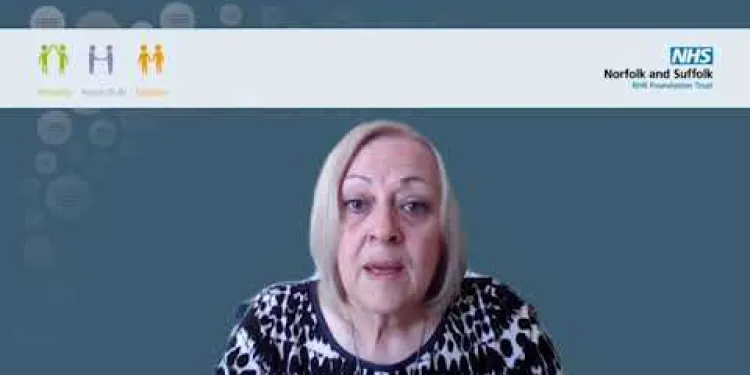
Suicide and Self Harm Prevention Strategy 2023-28
Relevance: 86%
-
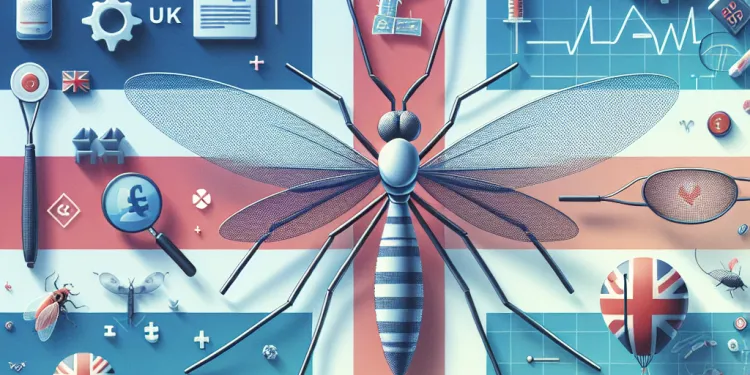
Are mosquito bites in the UK harmful?
Relevance: 46%
-

Can I sue for professional negligence if no harm was done?
Relevance: 44%
-

Is it possible for self-tests to cause harm?
Relevance: 44%
-
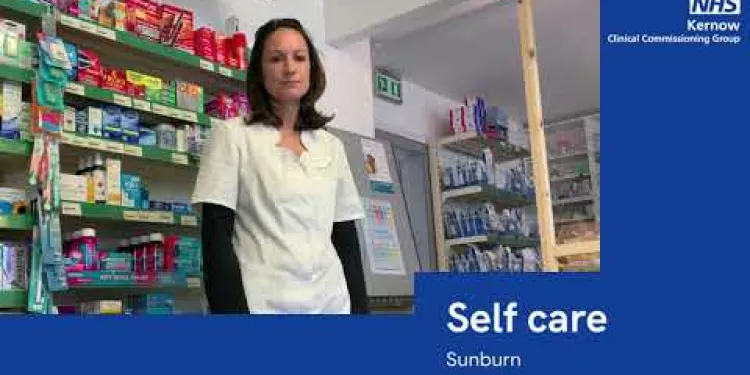
Self care - sunburn
Relevance: 40%
-
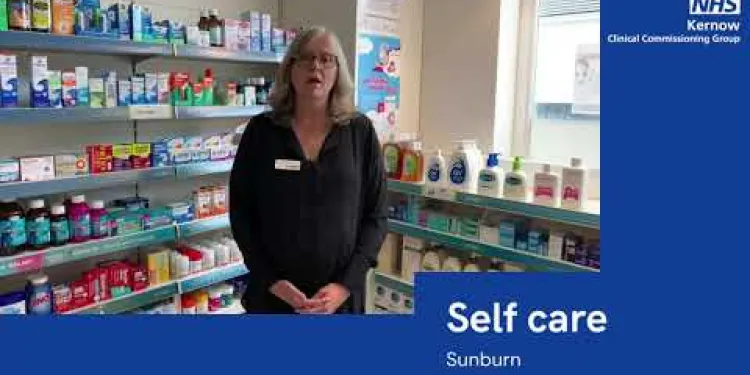
Self care - sunburn
Relevance: 40%
-

Can fake weight loss drugs have harmful ingredients?
Relevance: 37%
-
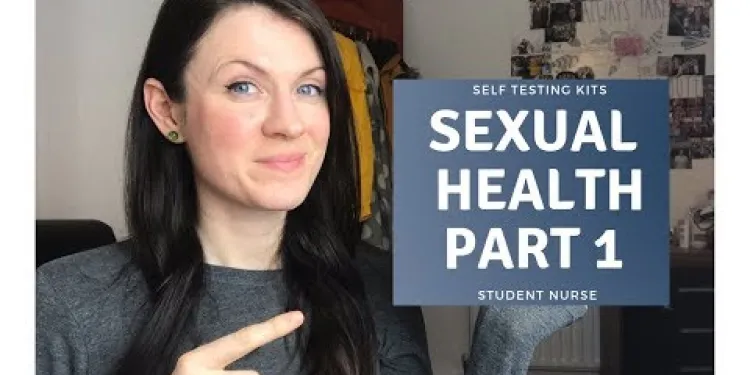
Let's Talk Sexual Health - Home Self Testing Kits
Relevance: 37%
-
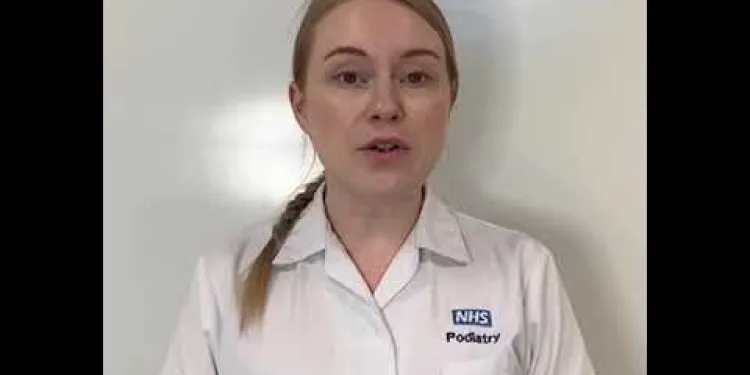
Self care for your feet - Podiatrist
Relevance: 36%
-
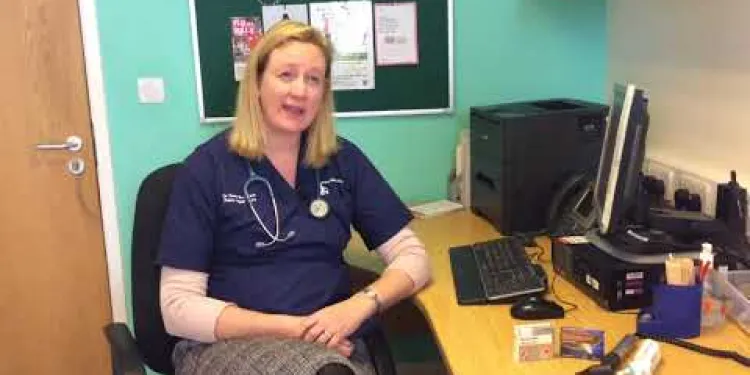
Self care: Treating ear infections
Relevance: 36%
-
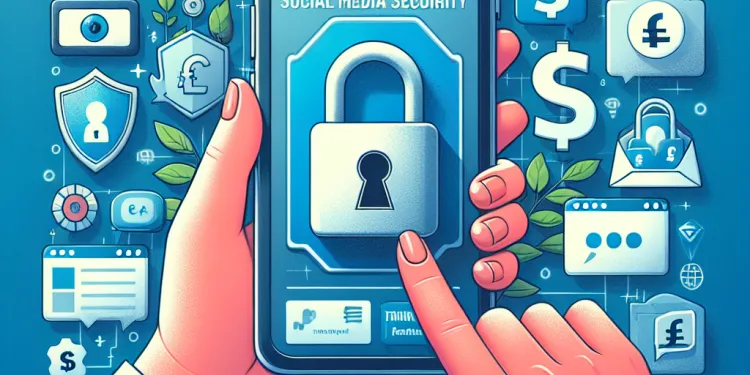
Is it possible for hackers to use my social media posts to cause harm?
Relevance: 35%
-

Are UK's Post-Pandemic Work Habits Harming Mental Wellbeing?
Relevance: 32%
-

Are UK's Post-Pandemic Work Habits Harming Mental Wellbeing?
Relevance: 30%
-
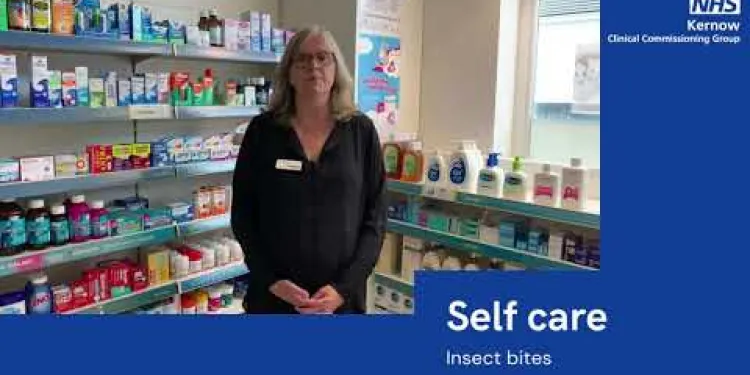
Self care - insect bites
Relevance: 29%
-
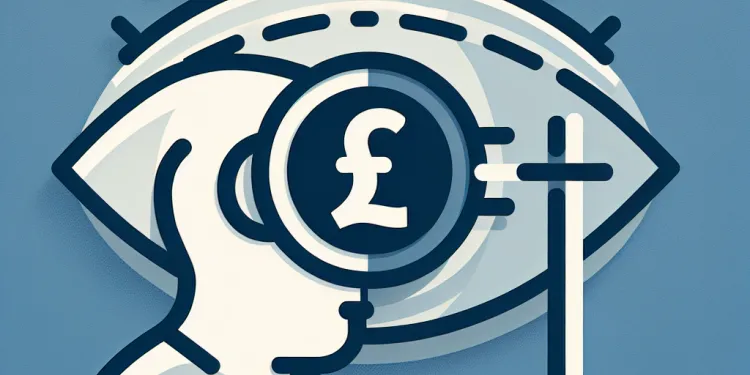
How does self testing for eye patients work?
Relevance: 28%
-
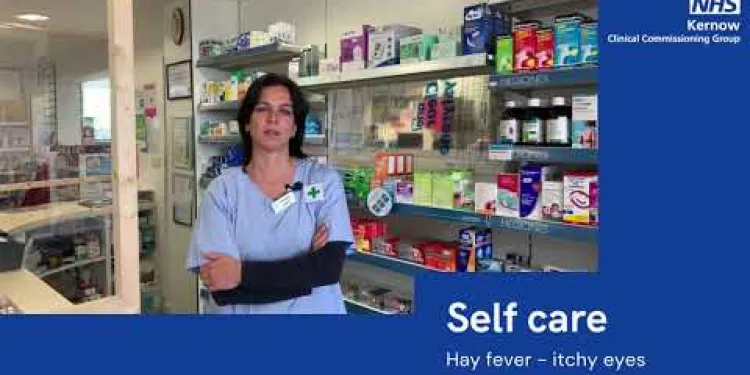
Self care - hay fever itchy eyes
Relevance: 25%
-

Let's Talk Sexual Health - Home Self Testing Kits
Relevance: 22%
-

Munchausen's syndrome | NHS
Relevance: 21%
-
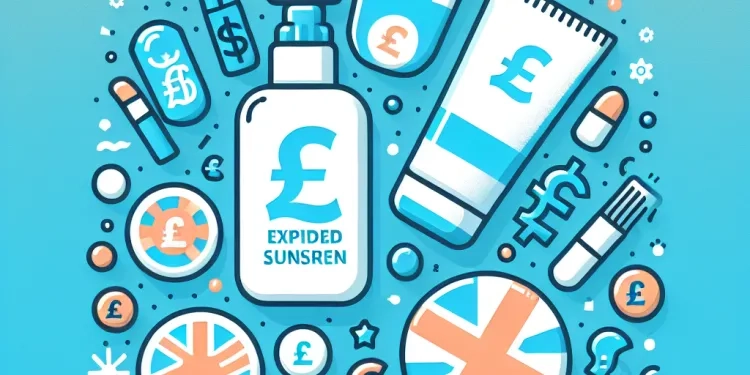
Can I use expired sunscreen?
Relevance: 17%
-
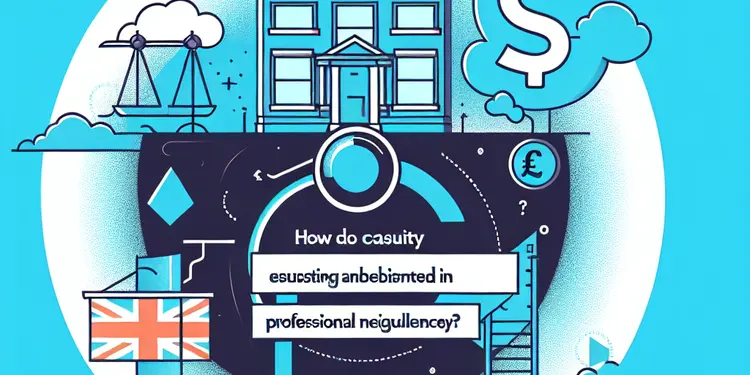
How is causation established in professional negligence?
Relevance: 17%
-

Are UK spiders venomous?
Relevance: 15%
-

What is professional negligence?
Relevance: 15%
-

Are sugary drinks worse than sugary foods for causing tooth decay?
Relevance: 14%
-
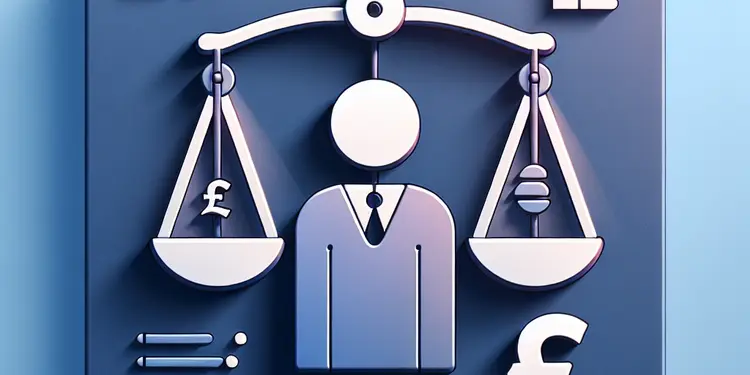
Is a mistake always considered professional negligence?
Relevance: 14%
-
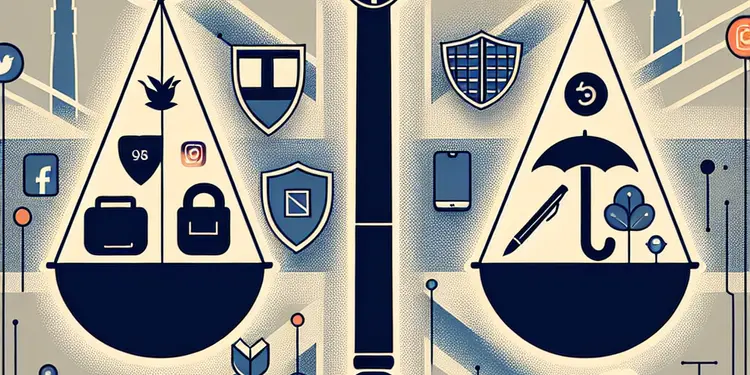
Do existing UK laws sufficiently protect under 16s on social media?
Relevance: 13%
-

Can dark-skinned individuals get sunburned?
Relevance: 12%
-

Avoid misleading websites that copy government websites GOV.UK
Relevance: 12%
-

What is a P800 form and how does it relate to my tax refund?
Relevance: 12%
-

Do fake weight loss drugs often skip clinical trials?
Relevance: 12%
-
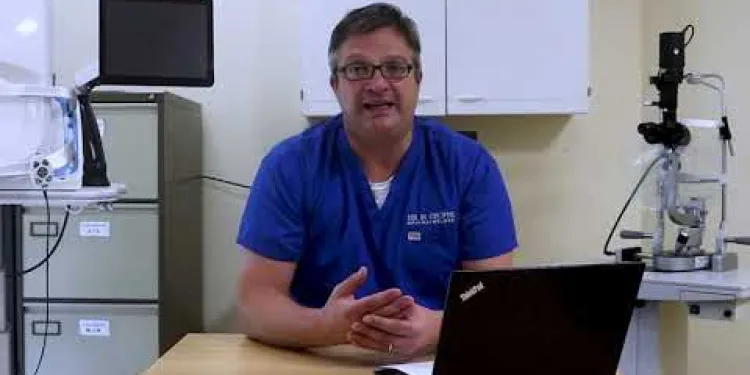
Charles Bonnet Syndrome
Relevance: 12%
-

What is UV radiation?
Relevance: 12%
-

Can I apply if I am self-employed?
Relevance: 12%
-

What defenses are available in a professional negligence case?
Relevance: 12%
-
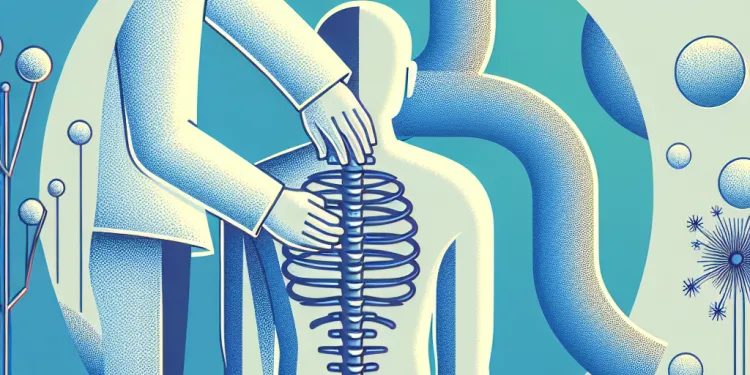
What is the popping sound during a chiropractic adjustment?
Relevance: 12%
-

What are the elements of a professional negligence claim?
Relevance: 12%
-
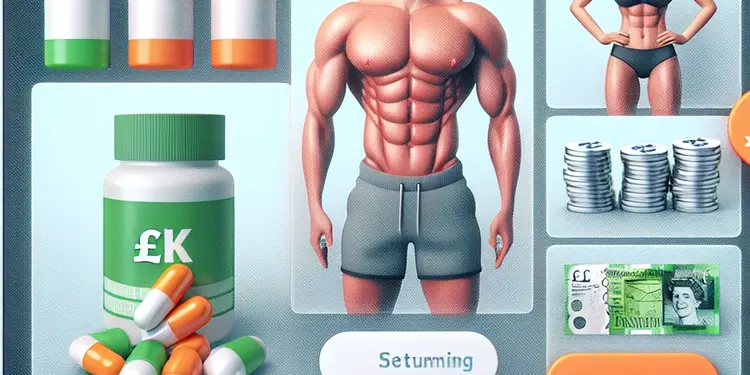
Do fake weight loss drugs offer unrealistic results?
Relevance: 11%
-
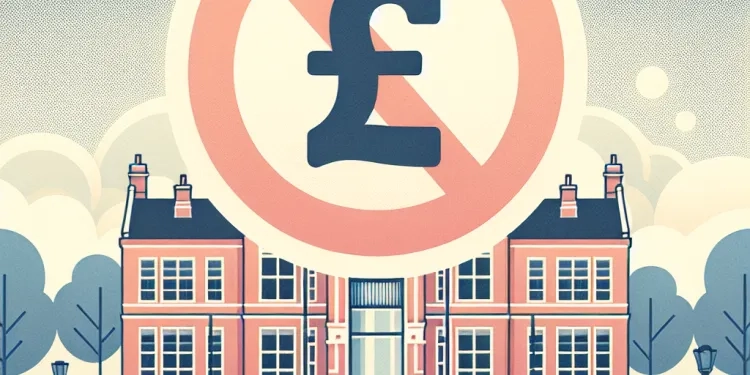
Calls to Ban Vapes Near School Grounds Gain Momentum
Relevance: 11%
-

Who can be held liable for professional negligence?
Relevance: 11%
Understanding Self Harm
What is Self Harm?
Self-harm, also known as self-injury, refers to deliberate actions taken to cause physical harm to oneself. This behavior indicates severe emotional distress and may involve cutting, burning, or other forms of self-inflicted pain. It is essential to understand that self-harm is not typically a suicide attempt but a coping mechanism to deal with overwhelming emotions and situations.
Why Do People Engage in Self Harm?
In the United Kingdom, as in other parts of the world, individuals resort to self-harm for various reasons. Common factors include feelings of hopelessness, depression, anxiety, trauma, or abuse. It serves as a way to express emotional pain, regain a sense of control, or feel temporarily relieved from distress. It’s important to address the underlying issues contributing to self-harm to provide effective support and intervention.
Signs and Symptoms of Self Harm
Recognizing self-harm can be challenging due to its secretive nature. Common signs include unexplained injuries such as cuts, bruises, or burns, frequently wearing long sleeves or other clothing to cover injuries, and a noticeable withdrawal or isolation from friends and family. Emotional signs may include drastic mood changes, feeling of worthlessness, and difficulty handling emotions.
How to Offer Support
If you suspect someone is self-harming, it's crucial to approach them with compassion and without judgment. Encourage open communication, listen actively, and reassure them that they are not alone. Direct them towards seeking professional help from a GP, counselor, or mental health service. In the UK, organizations like The Samaritans, Mind, and Childline offer resources and support for individuals dealing with self-harm.
Seeking Professional Help
Professional intervention is essential in addressing self-harm. Cognitive-behavioral therapy (CBT) and other forms of counseling can help individuals develop healthier coping strategies and address the root causes of their behavior. NHS mental health services and private therapists throughout the UK are available to provide necessary support. Medications may also be prescribed to manage underlying conditions such as depression or anxiety.
Conclusion
Self-harm is a serious issue that requires attention and compassion. Understanding the reasons behind it, recognizing the signs, and knowing how to offer support can make a significant difference. In the United Kingdom, resources are available to help those struggling with self-harm, emphasizing the importance of seeking and providing help. By fostering a supportive environment and encouraging professional intervention, we can work towards reducing the prevalence of self-harm and promoting mental well-being.
Understanding Self Harm
What is Self Harm?
Self-harm means hurting your body on purpose. This can be things like cutting or burning yourself. People do it because they are very upset. Remember, self-harm is not usually about wanting to die. It's a way to try to feel better from strong emotions.
Why Do People Engage in Self Harm?
In the UK and other places, people self-harm for many reasons. They might feel very sad, anxious, or have been hurt before. Self-harm can be a way to show their feelings, feel more in control, or feel a little better for a short time. It's important to help them find out why they're self-harming so they can get the right support.
Signs and Symptoms of Self Harm
Seeing if someone is self-harming can be hard because they often hide it. Look for things like cuts, bruises, or burns that don’t have clear reasons. Someone might wear long clothes to hide these marks. They might also stay away from friends and family or have big mood changes. Someone could feel worthless or struggle with emotions.
How to Offer Support
If you think someone is self-harming, be kind and don’t judge them. Talk and listen to them, letting them know they are not alone. Suggest they talk to a doctor, counselor, or mental health service. In the UK, groups like The Samaritans, Mind, and Childline can help people who self-harm.
Seeking Professional Help
Getting help from professionals is important for self-harm. Therapies like cognitive-behavioral therapy (CBT) can teach better ways to cope and find out why someone is self-harming. In the UK, the NHS and private therapists can help. Sometimes, medicine might be needed for things like depression or anxiety.
Conclusion
Self-harm is serious and needs our care and understanding. Knowing why it happens, seeing the signs, and learning how to help can really matter. In the UK, there are many ways to support people self-harming. Showing support and encouraging help from professionals can make self-harm less common and help us all feel better.
Frequently Asked Questions
What is self-harm?
Self-harm refers to the intentional act of injuring oneself as a way of coping with emotional distress or overwhelming situations. It can include cutting, burning, scratching, and other forms of physical harm.
Who is most at risk of self-harm?
Anyone can be at risk of self-harm, but it is more common among teenagers and young adults. Factors such as mental health issues, trauma, bullying, and substance abuse can increase the risk.
Why do people self-harm?
People self-harm for various reasons, including to express or manage intense emotions, to feel a sense of control, to punish themselves, or to cope with feelings of emptiness. It is a coping mechanism for overwhelming psychological pain.
Is self-harm a suicide attempt?
Self-harm is not usually intended as a suicide attempt. However, it is a sign of deep distress and can increase the risk of suicide, particularly if left unaddressed.
How can I tell if someone is self-harming?
Signs of self-harm may include unexplained injuries such as cuts, burns, or bruises, wearing long sleeves or layers to cover injuries, and withdrawing from social activities. Behavioral changes like increased isolation and mood swings can also be indicators.
How can I support someone who self-harms?
Listen without judgment, offer your support, and encourage them to seek professional help. Avoid expressing anger or frustration, as it can make them feel worse. Educate yourself about self-harm and be patient.
What professional help is available for self-harm in the UK?
In the UK, professional help can include counseling, psychotherapy, Cognitive Behavioural Therapy (CBT), and psychiatric services. You can access these through the NHS, private practitioners, or charities like Mind and Samaritans.
Are there any helplines available for immediate support?
Yes, there are several helplines in the UK, including Samaritans (116 123), Childline (0800 1111), and Mind (0300 123 3393). These provide confidential support for individuals in distress.
Can self-harm be treated effectively?
Yes, with the appropriate treatment and support, individuals can recover from self-harm. Therapy, medication, and support groups can help individuals develop healthier coping mechanisms and address underlying issues.
How can I reduce the urge to self-harm?
Techniques like distraction, using stress balls, exercising, and connecting with friends or family can help reduce the urge. Identifying triggers and working through them with a therapist can also be beneficial.
Is self-harm becoming more common?
Research indicates that self-harm is becoming more common, particularly among young people. Increased awareness and reduced stigma may contribute to more people coming forward for help.
Can self-harm scars fade over time?
Self-harm scars can fade over time, but it depends on the severity of the injury and the individual's skin type. Treatments such as silicone gel sheets, laser therapy, and professional skincare can help reduce the appearance of scars.
What should I do if I accidentally cause more damage than intended?
Seek medical attention immediately to prevent infection and further injury. It is important to be honest with healthcare professionals about how the injury occurred so they can provide appropriate care and support.
Are there any online resources for self-harm support?
Yes, there are numerous online resources, including websites like Self Harm UK, YoungMinds, and the National Self-Harm Network, which offer information, forums, and support for individuals and their families.
Can family therapy be beneficial for self-harm?
Family therapy can be beneficial as it helps improve communication within the family, addresses any underlying issues, and provides a supportive environment for the individual who self-harms.
What is self-harm?
Self-harm is when someone hurts their own body on purpose. It is not about trying to end life. It can be a way to cope with strong feelings or difficult situations.
If you feel like hurting yourself, talk to someone you trust. It helps to share how you feel.
You can also use things like:
- Writing in a journal
- Drawing or painting
- Listening to music
- Going for a walk
These things can help you feel better without hurting yourself.
If you see someone else hurting themselves, tell a grown-up you trust. They can help.
Self-harm means hurting yourself on purpose. People do this when they feel very sad or upset. They might cut, burn, or scratch their skin.
Who might hurt themselves?
Anyone might hurt themselves on purpose. But it happens more often with teenagers and young adults. Things like feeling very sad, having bad things happen to you, being bullied, or using drugs can make it more likely.
Why do people hurt themselves?
Some people hurt themselves when they feel very sad or upset. It is a way to show their feelings. They might feel better for a short time. But it is not a good way to deal with problems.
If you want to help someone who hurts themselves, you can:
- Listen to them and be kind.
- Tell a grown-up you trust.
- Help them talk to a doctor or a counselor.
Some tools and techniques to feel better are:
- Drawing or painting your feelings.
- Talking to someone you trust.
- Writing in a journal.
- Doing a fun activity like playing a game.
Remember, it is important to get help when feeling sad or upset.
People hurt themselves for different reasons. Some do it to show or deal with big feelings. Some want to feel like they are in control. Others might do it to punish themselves or feel better when they feel empty inside. It's a way to handle strong, hard feelings.
If you or someone you know is having these feelings, talking to someone you trust can help. Drawing, writing, or listening to music can also be good ways to feel better. There are people who want to help, like family, teachers, or a counselor.
Is hurting yourself the same as trying to end your life?
Hurting yourself does not always mean you want to end your life. Sometimes, people hurt themselves because they are feeling a lot of pain or sadness inside. They might not know how to show their feelings or ask for help.
If you or someone you know is hurting themselves, it is important to talk to someone who can help. You can speak to a grown-up you trust or call a helpline for support.
Remember, it is okay to ask for help. You are not alone, and there are people who can support you.
Self-harm usually isn't trying to cause death. But it shows that someone is very upset inside. If it isn’t talked about, it might make someone more likely to try to hurt themselves worse. Talking to someone you trust or speaking to a helpline can be a big help.
How can I know if someone is hurting themselves?
If someone hurts themselves, you might notice these signs: cuts, burns, or bruises that are hard to explain. They might wear long sleeves, even when it's warm, to hide their injuries. They might also stop doing things with friends or seem very sad or angry more often.
How can I help someone who hurts themselves?
Sometimes people hurt themselves because of big feelings. Here are ways you can help:
- Talk to them: Ask how they feel and listen carefully. Let them know you care.
- Be kind: Don't judge or get mad. Be kind and patient.
- Get help: Tell a trusted adult or a professional, like a doctor, about your friend. They can help more.
- Stay close: Be there for them. Do fun things together and keep them company.
Remember, it’s good to talk to someone you trust if you need to feel better too!
Listen to your friend or family member without judging them. Show them you care and tell them to talk to a professional, like a counselor or doctor. Don't get angry or upset with them, as this might make them feel bad. Learn more about self-harm so you can help better. Be patient and give them time.
What help can you get if you hurt yourself in the UK?
If you hurt yourself, there are people who can help you. Here are some places you can go for support:
- Talk to a doctor. They are really good at helping people who feel like hurting themselves.
- Nurses can also help you feel better.
- There are special groups with people you can talk to. They understand and want to help.
- You can call a helpline. They will listen to you and give advice.
You can ask someone you trust to help you find these people. Remember, you are not alone.
In the UK, you can get help from people who are trained to listen and support you. This help can include talking to someone about your feelings, learning new ways to think, and getting advice from a doctor. You can find this help from the NHS, private places, or groups like Mind and Samaritans.
Can I call someone for help right away?
Yes, there are phone numbers you can call for help in the UK. You can call Samaritans at 116 123. You can call Childline at 0800 1111. You can also call Mind at 0300 123 3393. They will listen to you and help if you are upset.
Can we help people who hurt themselves?
Yes, people can get better from self-harm with the right help. Talking to a therapist, taking medicine, and joining support groups can help people learn safer ways to deal with their feelings and find out what is causing their self-harm.
How can I stop wanting to hurt myself?
Here are some ways to feel better and stop the urge to hurt yourself:
- Talk to Someone: Tell a trusted friend or a family member how you feel.
- Draw or Write: Use a journal or sketchbook to express your feelings.
- Relax: Try deep breathing or listen to calming music.
- Use a Fidget Toy: Play with a stress ball or a stretchy band to feel better.
- Get Help: Talk to a teacher or call a support line.
Remember, you are not alone. People care about you and can help you feel better.
You can try some things to help you feel better. You can play with a stress ball, go for a walk, or talk to friends or family. These can help you stay calm. A therapist can also help you find out what makes you feel upset and help you work through it.
Are more people hurting themselves?
Some people hurt themselves when they feel very sad or upset. This is called self-harm. It is important to talk to someone if you feel this way.
More people might be self-harming today because life can be stressful and hard. When people are sad and don’t talk about it, they might hurt themselves.
If you or someone you know feels like this, it's good to talk to a parent, teacher, or friend. They can help.
Using tools like pictures, videos, or talking to someone can make it easier to understand and talk about feelings.
More young people are hurting themselves on purpose. More people know about it now and think it's okay to ask for help.
Do self-harm scars go away after a while?
Scars from self-harm can get less noticeable over time. How much they fade depends on how deep the cuts were and the type of skin you have. There are ways to help scars fade, like using special gel sheets, laser treatment, and seeing a skin expert.
What should I do if I accidentally make something worse?
Sometimes we might make a mistake and make things worse. Here are some steps you can take:
- Stay calm and take a deep breath.
- Tell someone you trust about what happened.
- Ask for help to fix the problem.
- Say sorry if anyone is upset.
- Learn from the mistake for next time.
It's okay to make mistakes. We all do! There are tools that can help, like picture books or video stories, to understand what to do. You can also use apps that help with planning and problem-solving.
Get help from a doctor right away so you don't get an infection and to stop any more injury. Tell the doctor the truth about how you got hurt. This will help them take care of you better.
Can I find help for self-harm online?
Yes, you can find help online. Here are some things you can use:
- Websites: Some websites give information about self-harm.
- Online Chat: Talk to someone who can help you.
- Forums: Share your thoughts with others who understand.
- Apps: Use apps to record your feelings and get advice.
Yes, there are lots of websites that can help. Some good ones are Self Harm UK, YoungMinds, and the National Self-Harm Network. These websites have information, places to talk to others, and support for people and their families.
Can family therapy help when someone hurts themselves?
Family therapy means talking with a special doctor (a therapist) together with your family.
This can help if someone is hurting themselves, which is called self-harm.
The therapist talks with the whole family. This helps everyone understand each other better.
This can make things better at home and help the person who is hurting themselves feel better.
Families can try to listen to each other and talk about their feelings.
Playing games together or doing fun activities can help everyone feel closer too.
Family therapy can help family members talk better with each other. It helps fix problems in the family and supports the person who hurts themselves.
Useful Links
- Ergsy carfully checks the information in the videos we provide here.
- Videos shown by Youtube after a video has completed, have NOT been reviewed by ERGSY.
- To view, click the arrow in centre of video.
- Most of the videos you find here will have subtitles and/or closed captions available.
- You may need to turn these on, and choose your preferred language.
- Go to the video you'd like to watch.
- If closed captions (CC) are available, settings will be visible on the bottom right of the video player.
- To turn on Captions, click settings .
- To turn off Captions, click settings again.
More Items From Ergsy search
-

Self Harm
Relevance: 100%
-

Self Harm
Relevance: 97%
-

Suicide and Self Harm Prevention Strategy 2023-28
Relevance: 86%
-

Are mosquito bites in the UK harmful?
Relevance: 46%
-

Can I sue for professional negligence if no harm was done?
Relevance: 44%
-

Is it possible for self-tests to cause harm?
Relevance: 44%
-

Self care - sunburn
Relevance: 40%
-

Self care - sunburn
Relevance: 40%
-

Can fake weight loss drugs have harmful ingredients?
Relevance: 37%
-

Let's Talk Sexual Health - Home Self Testing Kits
Relevance: 37%
-

Self care for your feet - Podiatrist
Relevance: 36%
-

Self care: Treating ear infections
Relevance: 36%
-

Is it possible for hackers to use my social media posts to cause harm?
Relevance: 35%
-

Are UK's Post-Pandemic Work Habits Harming Mental Wellbeing?
Relevance: 32%
-

Are UK's Post-Pandemic Work Habits Harming Mental Wellbeing?
Relevance: 30%
-

Self care - insect bites
Relevance: 29%
-

How does self testing for eye patients work?
Relevance: 28%
-

Self care - hay fever itchy eyes
Relevance: 25%
-

Let's Talk Sexual Health - Home Self Testing Kits
Relevance: 22%
-

Munchausen's syndrome | NHS
Relevance: 21%
-

Can I use expired sunscreen?
Relevance: 17%
-

How is causation established in professional negligence?
Relevance: 17%
-

Are UK spiders venomous?
Relevance: 15%
-

What is professional negligence?
Relevance: 15%
-

Are sugary drinks worse than sugary foods for causing tooth decay?
Relevance: 14%
-

Is a mistake always considered professional negligence?
Relevance: 14%
-

Do existing UK laws sufficiently protect under 16s on social media?
Relevance: 13%
-

Can dark-skinned individuals get sunburned?
Relevance: 12%
-

Avoid misleading websites that copy government websites GOV.UK
Relevance: 12%
-

What is a P800 form and how does it relate to my tax refund?
Relevance: 12%
-

Do fake weight loss drugs often skip clinical trials?
Relevance: 12%
-

Charles Bonnet Syndrome
Relevance: 12%
-

What is UV radiation?
Relevance: 12%
-

Can I apply if I am self-employed?
Relevance: 12%
-

What defenses are available in a professional negligence case?
Relevance: 12%
-

What is the popping sound during a chiropractic adjustment?
Relevance: 12%
-

What are the elements of a professional negligence claim?
Relevance: 12%
-

Do fake weight loss drugs offer unrealistic results?
Relevance: 11%
-

Calls to Ban Vapes Near School Grounds Gain Momentum
Relevance: 11%
-

Who can be held liable for professional negligence?
Relevance: 11%


